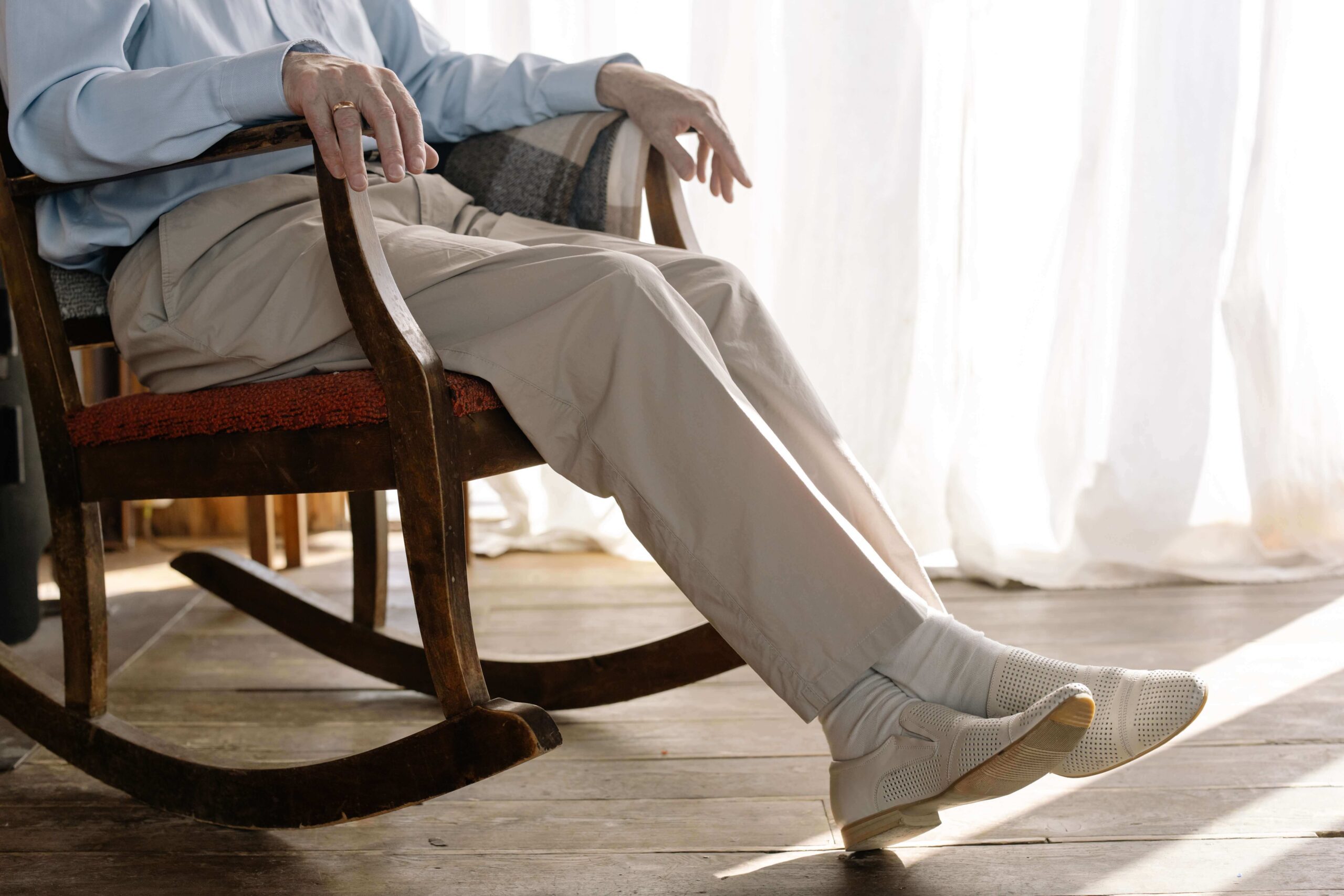I find this question ironic. We don’t ask why a sick person is grumpy; we justify their actions because they are unhealthy. How is this any different than an older person?
Is aging glorious?
Aging is not glorious. There is an old saying – Aging is not for the faint at heart. Think about the physical changes: The hair changes by turning grey or white. Most experience thinning hair, and the lucky ones become bald. The body changes, and it is no longer the cute figure it once was. One hundred forty pounds at age 25 does not look the same as 140 pounds at age 75.
Additionally, the body does not work like it used to. There are a variety of issues that can develop as people age:
- loss of sight
- lack of hearing
- don’t forget the aching bones (i.e., arthritis)
- mobility issues
- sleeping issues
- continence issues
- agility issues
- cognitive issues
- energy issues
Suddenly, running errands or going to appointments can be exhausting! While the aging body is slowing down, it can be frustrating to know what one could do versus what their body will allow them to do now – which is not the same. Also, some people have to change their diet for health or medication reasons. Young people move fast and rely on their computers or phones to accomplish things. Older people are just trying to process the technology they must use to maintain a presence in today’s society.
What losses do people experience as they age?
As people age, they lose respect from younger people. They lose their independence, and some lose their privacy. The perception is that seniors are slow, don’t understand, and seem outdated, which is invalid. There is also the loss of independence when aging people rely on a walker or wheelchair. Then there is the loss of freedom and privacy when an aged person hires a fiduciary, requires a caregiver, or moves into a senior housing facility.
What can we do to help mean older adults?
There are a lot of changes aging people adjust to living in current times. To help alleviate the frustration, try to get your aging loved one involved. See if there is an activity or support group available. Check out your local senior center. See if your aging loved one can help with local non-profits (i.e., animal shelters, food shelters, charity, schools, church, etc.) Family and friends can visit your aging loved one. Another option is to have your loved one talk with a professional therapist. Respect, patience, and support can all help a mean older person.
STAGES is here to educate you through the aging process

